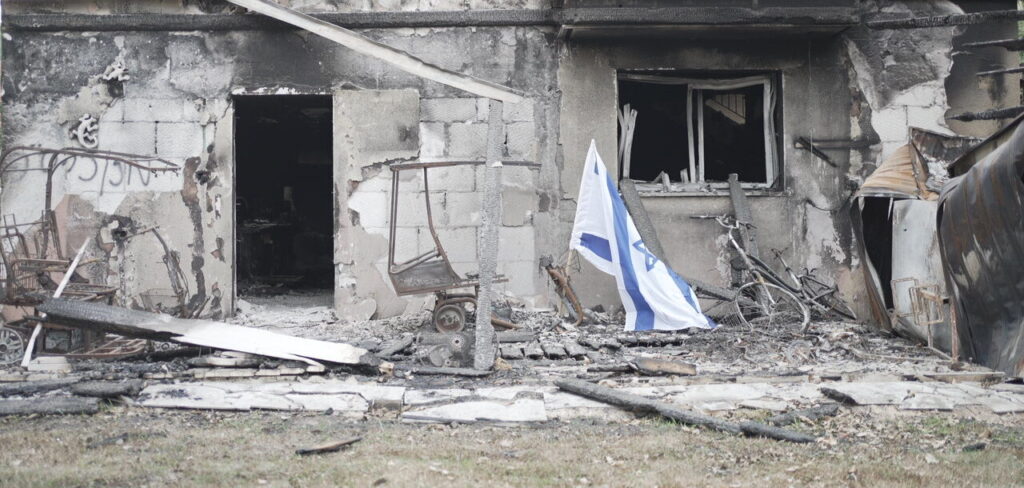Israeli researchers from institutions in the country and abroad have built a new model to predict the rate of post-traumatic stress disorder (PTSD) in Israel in the wake of the mass terror attack by Hamas on October 7 and the ensuing war in Gaza.
The study was led by PhD student Dana Katsoty at the Hebrew University of Jerusalem, working alongside Michal Greidinger at Haifa University; Prof. Yuval Neria at Columbia University; Prof. Ido Lurie of Tel Aviv University and Shalvata Mental Health Center; and Dr. Aviv Segev of King’s College London and Shalvata Mental Health Center.
This attack and the ongoing conflict have had a deep effect on the national psyche, the Hebrew University said, highlighting the need for reliable predictive tools for mental health interventions.
The objective of the research was to create a model that could predict the levels of PTSD in various sectors of the Israeli population due to the intensity of their exposure to trauma.
The researchers created six categories for the population, based on their proximity to the conflict: direct exposure to terror; close proximity to terror; involvement of soldiers in combat and support units; intense and moderate exposure to rocket attacks; and communities indirectly affected.
The team predicted that around five percent of the Israeli population – 519,923 people in real terms – could develop PTSD due to the terror attack and subsequent war.
The researchers said the study could be used as a tool for policymakers and clinicians to plan and implement crucial mental health interventions and act as a framework for addressing future mass trauma incidents around the world.
The research paper produced by the team, titled “A Prediction Model of PTSD in the Israeli Population in the Aftermath of October 7th, 2023, Terrorist Attack and the Israel-Hamas War” is available online.
Related posts

Israeli AI Safety Tool Among TIME’S Best Inventions For 2024

TAU Team Discovers Mechanism To Eliminate Cancerous Tumors

Ashdod Port Investing In Startups As Part Of Innovation Strategy




Facebook comments